|
Even if your food containers are labeled as one of the safe plastics, always transfer food to a glass or china dish before reheating in the microwave. All plastics contain possible harmful chemicals, and when heated, those chemicals can leech onto the food that is next to them. Take-out containers are one of the worst culprits when it comes to plastics that contain toxic elements, so never reheat food in those containers.
Courtesy: SheKnows.com
1 Comment
There are so many plastic bags, literally floating around, that animals mistake them for food which causes them to die. Besides the fact that they are ugly, it takes them centuries to break down and when they do, they break into small plastic pieces that contaminate our soil and water. Basically, plastic bags never really go away. Big Green Head would like to see them all go away!
DID YOU KNOW?
If you're using food storage containers that are made from safe plastics, no need to do a total kitchen overhaul and throw all of your plastic away. It is a good idea, however, to start making a gradual shift over to glass containers. There are a lot of high quality and affordable options out there. The best are those that are made completely of glass, including the lids. When taking food on the go, try glass containers that have snug fitting plastic lids -- that are BPA and PVC-free, of course.
Courtesy: SheKnows.com 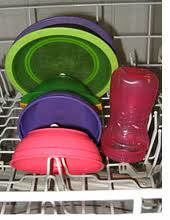 Dishwashers use very hot water and steam to clean dishes thoroughly -- which leaves us with sparkling plates and glasses -- but can unfortunately pose a problem when it comes to plastics. Just like microwaving, heating plastic can release harmful chemicals, so play it safe and wash your plastic containers by hand in lukewarm water. Courtesy: SheKnows.com 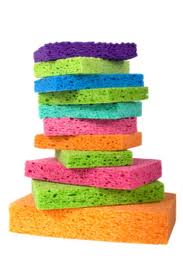 Placing old sponges in the bottom of your potted plants is a great way to re purpose them. The great thing about sponges is that they will absorb and hold excess water and slowly release it to the soil, essentially creating a home made self-watering pot. The sponge also holds dirt in (for those pots with larger drainage holes). Here are some more clever reuses for household sponges. Source: Good Environmental News Blog Plastic Storage Bags 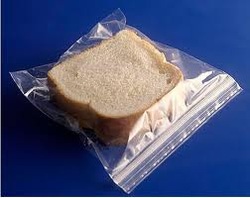 You've probably seen those bins at your grocery store where you can return your plastic shopping bags for recycling. What you may not know is that you can take your cleaned storage bags like sandwich bags and freezer bags to these bins for recycling as well, The Daily Green reports. Most grocery stores accept a variety of plastics, not just their own bags. Just make sure you rinse out the storage bags (if they're dirty) and tear off the "zip lock" portion before dropping them off for recycling. Source: Earth911.com Flip over your food storage containers and take a look at the small number printed on the bottom. If the recycling number is #3 or #7, it likely contains either BPA (bisphenol A) or phthalates (used to make PVC plastics) which mimic estrogen and can interfere with hormone levels. These can be especially harmful for still-developing bodies so, unless the container clearly states that it is BPA and PVC-free, the safest thing to do is to get rid of them. Canada and the European Union have already banned BPA use in baby bottles and many people, including me, are not going to wait around for the U.S. to follow suit. If you don't want to part with your plastics completely, be sure that your containers are either #2, #4 or #5, which are widely considered safe for food storage.
Courtesy: SheKnows.com Turn Old Credit Cards Into Guitar Picks
Reuse Toilet Paper Rolls to Organize Cables and Chords |

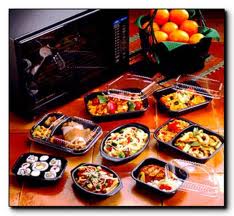
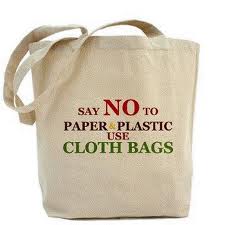
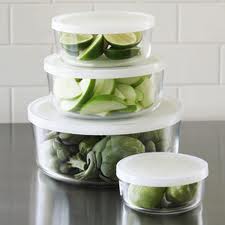
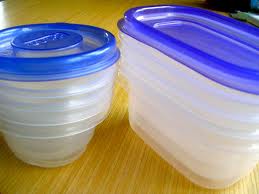
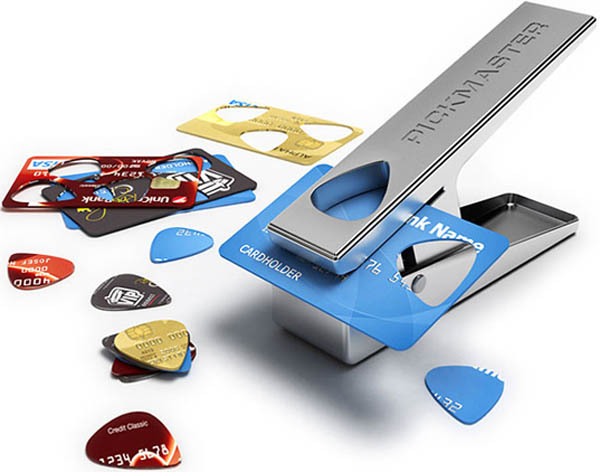
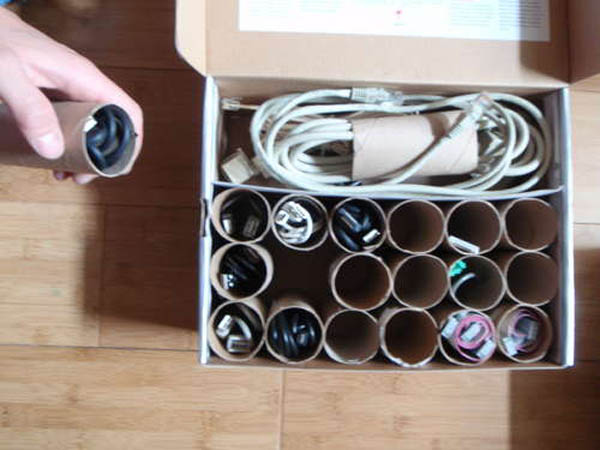
 RSS Feed
RSS Feed
